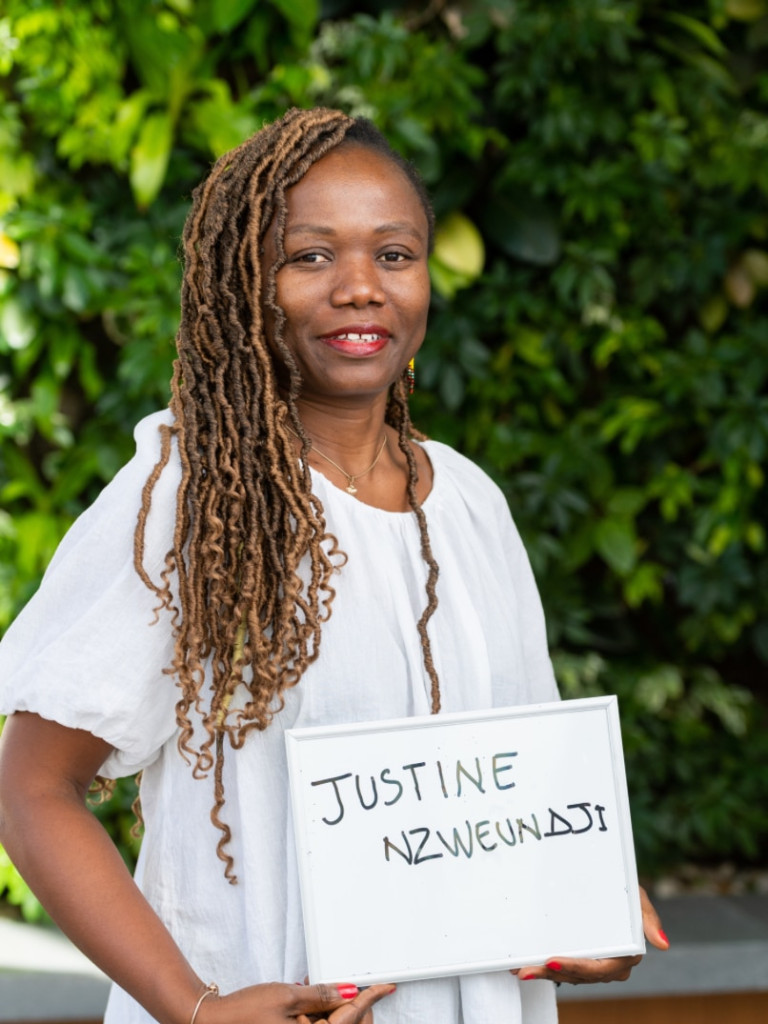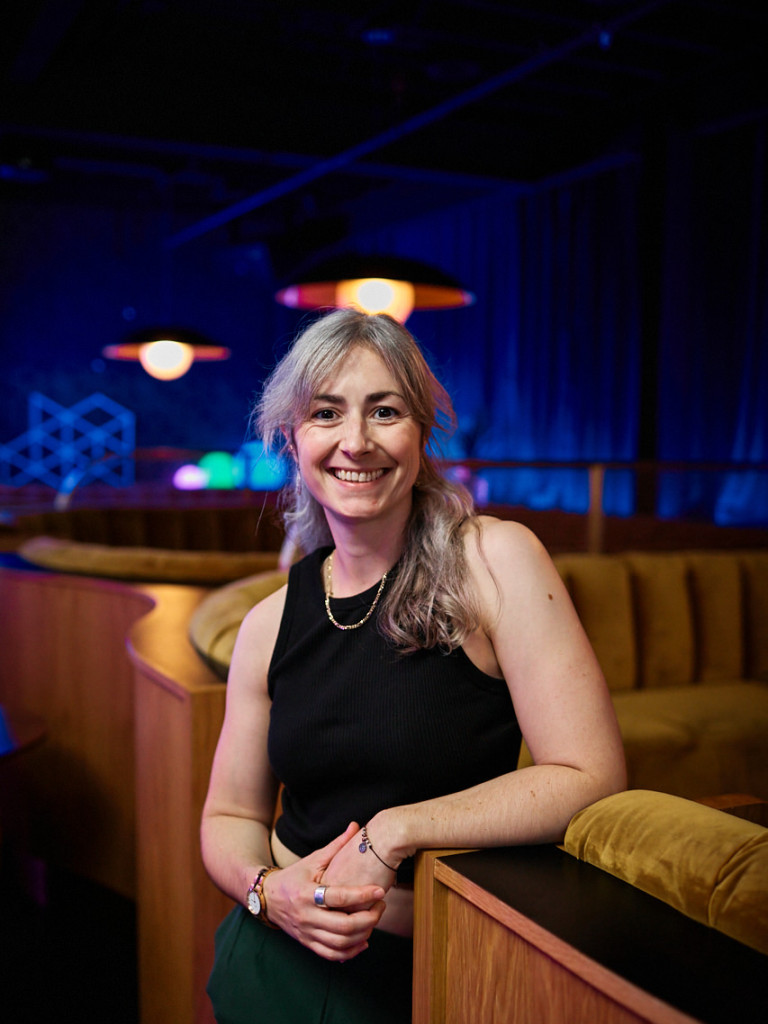Falling Walls Engage x Female Science Talents Online Panel
Perspectives on Sustainable Futures: Gender, Health, and Climate Change
📅 Date: 25 March 2025
⏰ Time: 5:00 – 6:00 PM (CET)
📍Location: Online via Zoom
In honour of Women*’s Month, hosted by Falling Walls Female Science Talents & Falling Walls Engage.
We brought four experts together from gender studies, healthcare, and sustainable practices to explore how climate change affects women, and how female* perspectives and solutions are crucial for building a sustainable future. The discussion addressed how climate, gender and health are interconnected, the need for diverse and inclusive knowledge in policy making and the power of collective action.
The conversation unpacked how climate change deepens existing health inequities, particularly in reproductive and maternal care, where women often face cultural, systemic, and financial barriers. Historical insights revealed how male-dominated, Western scientific traditions have long marginalised women's health needs and dismissed Indigenous medical knowledge — a legacy that continues to reinforce inequalities today.
The panel emphasised the critical value of traditional and Indigenous knowledge systems, which offer sustainable, community-driven approaches to tackling climate-related health issues. Yet this wisdom remains underrecognised, at risk of being lost through language erosion, and often lacks legal protection. The speakers stressed the need for co-creation with local communities, forging equitable partnerships, and ensuring traditional leaders have a seat at the decision-making table.
The conversation also highlighted the prominent role of technology. Innovations like Artificial Intelligence, telemedicine, and mobile clinics were highlighted as vital tools for expanding access and strengthening healthcare resilience. However, barriers such as digital illiteracy and limited infrastructure must be addressed to realise their full potential. Investing in women’s empowerment, healthcare worker education, and preventative care emerged as key priorities for building long-term health resilience.
The session closed with an inspiring call to action. In an era of overlapping crises — or “polycrisis” — panelists urged participants to stay engaged, strengthen community networks, and remember that while no one can solve these challenges alone, collective action can drive real and lasting change. The closing message resonated deeply: resilience is rooted in community, and even in times of crisis, shared purpose and collaboration can light the path forward.
Key Takeaways
- Intersection matters: Climate, health, and gender must be addressed together.
- Knowledge justice: Traditional knowledge should be valued, protected, and co-created into policy.
- Technology ≠ silver bullet: Digital tools must be paired with inclusive infrastructure and literacy.
- Representation counts: Women and marginalised voices need to be at the center of decision-making.
- Resilience is collective: Community networks are our strongest tool for navigating global crises.
Reflections from our speakers on staying engaged:
- “Everybody has something to offer — small actions matter.”
- “Science also happens outside the lab — let’s recognise other forms of knowledge.”
- “Remember your ‘why’. It helps you keep going when the work feels heavy.”
- “We need to move from ‘us vs. them’ thinking to shared purpose.”
- “Look to the helpers. They’re already building the futures we need.”
Speakers
Mara Anna Franke | Charité Center for Global Health
Maryam Bello | Parkers Mobile Clinic
Justine Germo Nzweundji | Institute of Medical Research and Medicinal Plant Studies
Sarah Scheidmantel | University of Zurich
Moderated by Carrie Boyce | Royal Canadian Institute for Science
*We use an inclusive definition of female/women, including cis and trans women, genderqueer and non-binary people.




